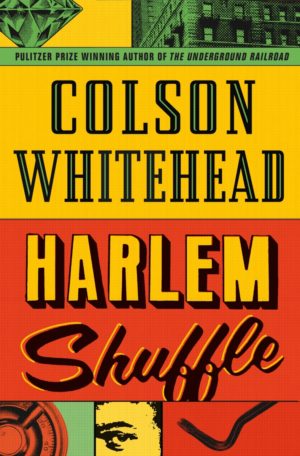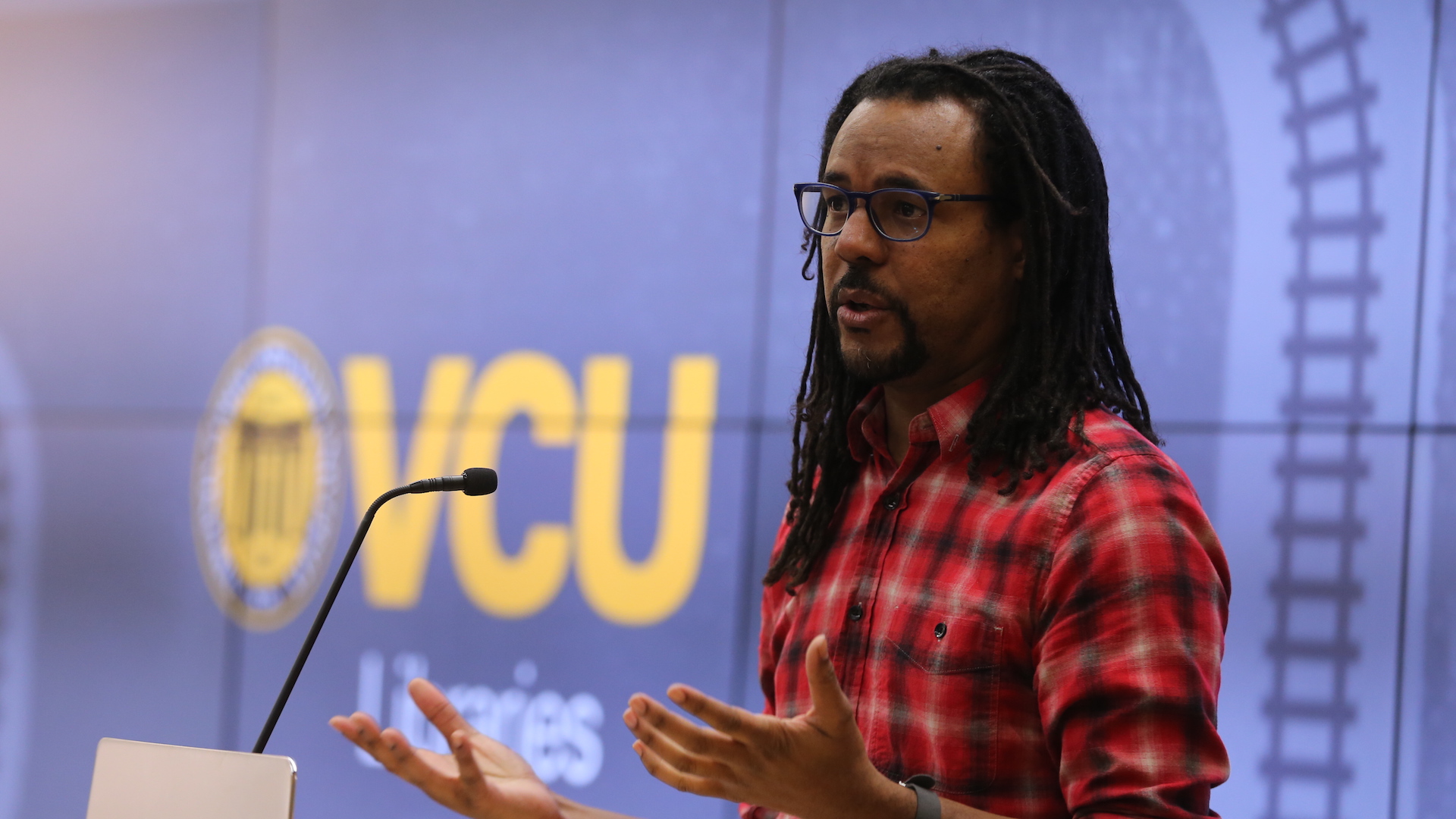Double Pulitzer winner Colson Whitehead’s name has a cultural presence few of his peers can match.
So it’s something of a surprise that the author of The Underground Railroad and revered social historian’s new novel Harlem Shuffle treads such ostensibly light ground, presenting as an Ocean’s Eleven meets Ozark heist caper, written with an air of mischief and humour and peppered with sidelong cheeky winks to its omniscient reader.

Set in early Sixties Harlem, the novel tells the story of furniture shop owner Ray Carney, whose financial struggles, lower-class background and deep black skin disappoint his socially aspirational in-laws (“Alma used the word settled the way the less genteel use motherfucker”).
Best then that they don’t know about the violent criminal father whose lifestyle and reputation he has worked hard to rise above, cultivating his own business and finely cut accent (“hard stop on the t”).
When his hapless cousin Freddie embroils him in an audacious heist the novel adopts a jaunty Cab Calloway-style tone, implying crazy scrapes among a cast with names like Miami Joe, Cheap Brucie and Tommy Lips.
It’s not rippling with Paul Beatty or Joseph Heller belly laughs, but Harlem Shuffle is notably more playful than its heavyweight predecessors.






